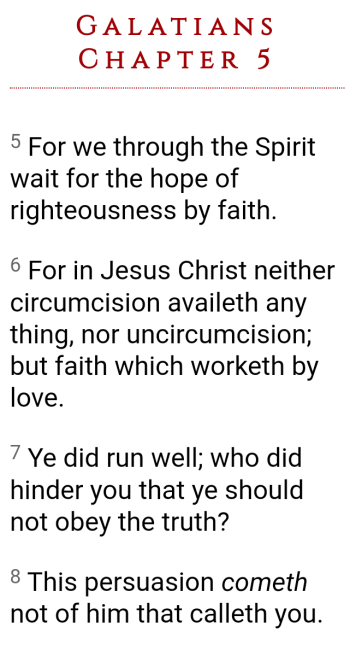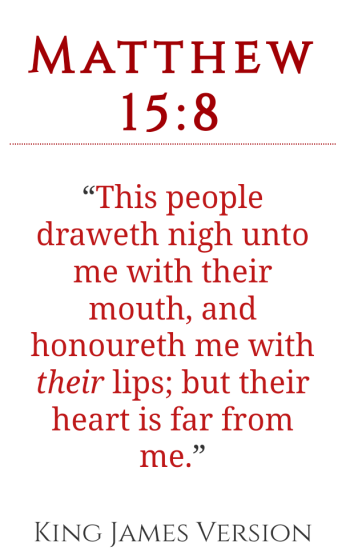This question wasn't addressed to me, but I thought I would respond to it as a missionary to a primarily Muslim people group who has knowledge of Islam and has read the Qur'an in it's entirety more than a couple of times.
The word "Allah" when used by Muslims does not refer to a moon god, nor do they worship a moon god. This would go against all historical accounts of Muhammad and the birth of Islam. You will not find any legitimate school that offers courses in Islamic Studies or Islamic History that teaches Muhammad chose a moon god for his god and that the god of Islam is a moon god.
Muhammad was a merchant and heavily influenced by the many Christian and Jewish traders he encountered during his travels. He also had Jewish and Christian relatives through marriage. It's only natural that he would associate himself and his religion with the God of Abraham. He obviously incorporated aspects of both Judaism and Christianity into his own religion, Islam. One only needs to read the Qur'an to see this.
Islam is a progressive religion and in the view of Muslims a continuation of what God revealed to the prophets of Judaism and Christianity with Muhammad being the final prophet. Prior to Muhammad, both Jews and Christians living in the Arab world worshipped God with the only word in Arabic that could be used to describe the God of creation. That word was “Allah.” Muhammad simply took the name "Allah" from the Jewish and Christian communities that existed in his day.
Below is a verse from the Qur'an:
"
Abraham, when he said to his people, “Worship God, and fear Him. That is better for you, if you only knew. You worship idols besides God, and you fabricate falsehoods. Those you worship, instead of God, cannot provide you with livelihood. So seek your livelihood from God, and worship Him, and thank Him. To Him you will be returned.” (Qur'an 29:16-17)
Below is what Muslims believe and what God they follow according to the Qur'an:
“We believe in God; and in what was revealed to us; and in what was revealed to Abraham, and Ishmael, and Isaac, and Jacob, and the Patriarchs; and in what was given to Moses and Jesus; and in what was given to the prophets—from their Lord. We make no distinction between any of them, and to Him we surrender.” (Qur'an 2:136)
"...there is no god but He, the Living, the Eternal. He sent down to you the Book with the Truth, confirming what came before it; and He sent down the Torah and the Gospel." (Qur'an 3:2-3)
"All food was permissible to the Children of Israel, except what Israel forbade for himself before the Torah was revealed. Say, “Bring the Torah, and read it, if you are truthful.” Whoever forges lies about God after that—these are the unjust. Say, “God has spoken the truth, so follow the religion of Abraham..." (Qur'an 3:93-95)
“Follow the religion of Abraham, the Monotheist. He was not an idol-worshiper.” (Qur'an 16:123)
"We will worship thy God, the God of our forefathers Abraham and Ishmael and Isaac, the One God; and unto Him will we surrender ourselves." (Qur'an 2:133)
As we we know, Abraham worshiped the one true God, so what other god could the verses above be describing?
Since the Qur'an clearly teaches Muslims to believe in the God of Abraham and there is no mention of Muslims ever worshiping a moon god in Islamic texts or in Islamic history, why would anyone believe that Muhammad chose a moon god to be his god?
The following verse from the Qur'an tells how Jesus fulfilled what is written in the Torah:
"In their footsteps, We sent Jesus son of Mary, fulfilling the Torah that preceded him; and We gave him the Gospel, wherein is guidance and light, and confirming the Torah that preceded him, and guidance and counsel for the righteous. So let the people of the Gospel rule according to what God revealed in it. Those who do not rule according to what God revealed are the sinners." (Qur'an 5:46-47)
Below is what Islam teaches about Jesus:
- His mother, Mary, was a virgin;
- Jesus was the "Word" of God;
- Jesus was the Messiah sent to the children of Israel;
- Jesus confirmed the validity of the Torah;
- Jesus lived a righteous life; Jesus performed miracles. Healed the blind, the sick, and raised the dead;
- Jesus removed some of the law of Moses;
- Jesus was raised into Heaven, currently sits with God, and will return at the day of the Resurrection (Judgement Day);
- Jesus is the only living prophet today.
It's impossible to come to the conclusion that Muslims worship a different god than the God of Abraham, much less a "moon god", if one reads the Qur'an and/or talks to Muslims about their faith and what they believe. Muslims do of course miss the most important aspect of Jesus; that He is the Way, the Truth, and the Life (John 14:6); and that He died for our sins according to the Scriptures (1 Corinthians 15:2-4), but regardless, they are still worshiping the God of Abraham.
Point taken-however-I will send you this link-Sam Shamoun and Lloyed
1,234 views May 4, 2023 #moonotheism #islam #islamic_video
Unveiling Islamic Moonotheism: Tracing the Historical and Archaeological Origins of Allah in Early Arabia, Ethiopia, and Mesopotamia. with @shamounian
Let's embark on a detailed exploration of paganism and religion in early Arabia, Ethiopia, and Mesopotamia. In this first installment of my talk, we delve into the realm of Islamic Moonotheism, undertaking a meticulous analysis of the historical and archaeological evidence surrounding the Arabian/Babylonian moon god origins of Allah. This notion has been the subject of substantial debate. Recent advancements in source accessibility and search software now facilitate an informed assessment of the available evidence. It is our duty to unravel the predominant practice of moon worship that pervaded both the Arabian and Babylonia regions, where a shared pantheon flourished.
A. The Contested Idea:
The origins of Allah within the context of Islamic Moonotheism have remained shrouded in mystery, engendering conjectures and conflicting perspectives. Scholars, theologians, and historians have engaged in fervent discourse, seeking to uncover the precise roots of this central deity. Yet, amid this complex and often contentious terrain, we now find ourselves at an opportune juncture, empowered by technological advancements that enable us to examine an unprecedented wealth of primary and secondary sources.
B. Access to Sources and Search Software:
The twenty-first century has heralded a new era of knowledge acquisition, with enhanced access to diverse textual and material resources propelling our understanding of ancient civilizations to unprecedented heights. Through the aid of comprehensive search software, we now possess an unparalleled capacity to navigate the vast corpus of historical and archaeological data, extracting invaluable insights previously obscured by time and geographical constraints. This newfound accessibility serves as the gateway to comprehending the multifaceted tapestry of religious practices in early Arabia, Ethiopia, and Mesopotamia.
Moon Worship: A Ubiquitous Phenomenon Uniting Arabia and Babylonia
A. The Dominance of Moon Worship:
As we peer into the depths of history, a pattern emerges—one that etches the prevalence of moon worship across the landscapes of Arabia and Babylonia. These two regions, though distinct in their geopolitical spheres, harbored a shared predilection for revering the celestial body that illuminates the night sky. Moon worship, an ingrained aspect of their cultural fabric, weaved its way into the religious consciousness of these civilizations, shaping their pantheons and engendering a rich tapestry of deities.
B. The Unifying Thread of a Common Pantheon:
We can discern the interconnectedness of their pantheons. Although geographical boundaries appear to separate these societies, they were bound by trade and their devotion to the moon, engendering a fascinating convergence. The interplay between divine entities transcended borders, intertwining their narratives, attributes, and functions. In this web of religious syncretism we glimpse the nascent beginnings of the deity known as Allah.
Conclusion:
Our expedition into the enigma of Islamic Moonotheism will take us on a journey through the ancient corridors of Arabia, Ethiopia, and Mesopotamia. In our exploration, we will unravel the ubiquity of moon worship, a shared phenomenon that reverberated across Arabian and Babylonian civilisations.
This detailed information confirms Robert Morey's thesis that Allah is a moon god/moon deity.
Join this channel to get access to perks:
/ @lloyddejongh
You can give me feedback AFTER listening-a whole series.
Johann



